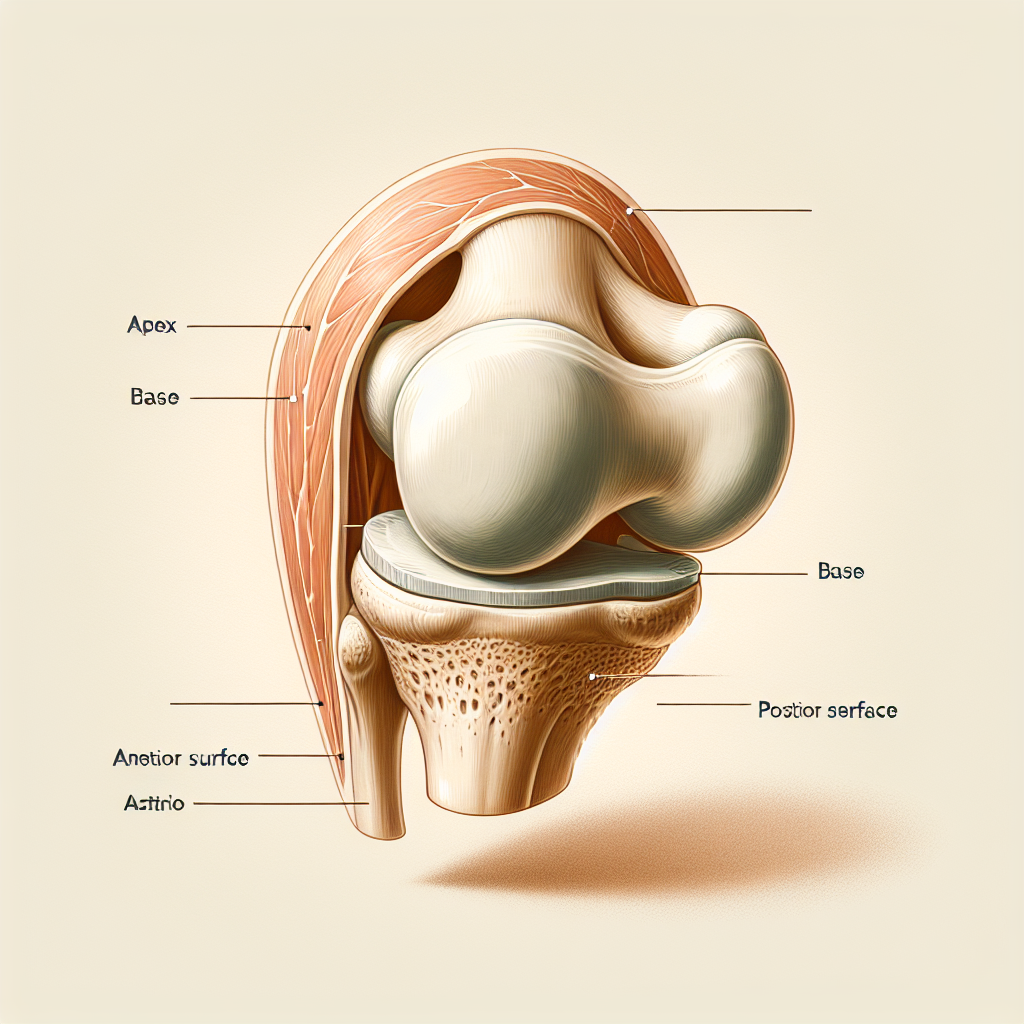Chances are you’re just a short distance from a massage parlor where migrant women eat, sleep and toil as victims of sex trafficking. And chances are your state and local authorities are doing little to protect these women. Here’s how the Lee Enterprises Public Service team did a first-of-its-kind analysis of states’ efforts to protect women who are subject to sex.
.. Nationwide, illicit massage parlors outnumber McDonald's restaurants.

There are more than 16,800 in all, according to The Network, a nonprofit and leading authority on human trafficking. “Whether you're in a city, whether you're in the suburbs, or whether you're in a rural area, the prevalence of these storefronts is incredible. No matter where you are, no matter what state you're in, there are illicit massage businesses,” said Chris Muller-Tabanera from The Network.
Men seeking cheap sex can find these illegal businesses with ease, a Lee Enterprises Public Service Journalism Team investigation shows. Overseas websites beyond the reach of law enforcement brazenly advertise these parlors, providing a map with directions. One site allows men to search based on the type of sex they want and even the shape of a woman’s curves.
Local and federal police officers stand outside in November 2023 after raiding a home in Crown Point, Indiana, that prosecutors say belonged to people who were running an illegal sex trafficking business out of massage parlor locations in Northwest Indiana. Police and town officials in Winfield, Indiana, closed down this massage parlor in November 2023 that prosecutors say was being used as a storefront for sex trafficking. The women working at these parlors are often middle-aged migrants from China or South Korea who speak little English, according to Polaris, an anti-trafficking group that published a detailed report on illicit massage parlors in 2018.
Financially desperate, they perform acts they once couldn’t have imagined. They experience coercion and emotional trauma, said YunXi Wang, who worked in illicit parlors for years. Even worse, many of these women, including Wang, endure sexual violence.
In one survey of workers in illicit massage parlors, 40 percent of women interviewed said customers had sexually assaulted them. “We should shut this business down because it does not create any benefit for society. It only helps the owners to boost their income while leaving harm in its wake,” Wang told a Lee Enterprises investigative reporter through a translator.
Although these illegal parlors operate in plain sight, a first-of-its-kind investigation by the Lee Enterprises Public Service Journalism Team found that most states are failing to protect these vulnerable women. Few law enforcement agencies punish the owners of these illegal businesses, let alone go after the organized crime networks supporting them. All but four states have massage licensing boards whose duties include disciplining anyone violating standards, including taking action against those engaging in sex with customers, the Lee investigation found.
However, most boards are passive, investigating only when someone submits a formal complaint. Even when they investigate, few states go after business owners. State laws usually don’t give licensing boards that option.
Lee Enterprises evaluated the work of these licensing boards by obtaining copies of as many disciplinary records nationwide as possible since 2019. Four states – Kansas, Minnesota, Vermont and Wyoming – don't have boards, and others don’t release records or make obtaining them nearly impossible. Even so, our analysis found that most boards mete out few punishments.
Of the 32 states Lee analyzed, most take few actions against massage therapists for any reason. The median number of actions since 2019 was only 47. That means half the states had less than 10 disciplinary actions a year while the other half had 10 or more.
Virginia had 224 disciplinary actions, or about 41 a year. Yet, among those states, there are an estimated 6,500 illegal massage parlors. Only five states took action against businesses.
Four of those — Massachusetts, Alabama, Tennessee, and South Carolina — are among the most aggressive states in policing the industry. Another source corroborates the failure of most states to protect these women: the National Practitioner Data Bank. It’s a tool Congress created to prevent healthcare workers, including massage therapists, from surreptitiously moving to another state to escape sanctions from alleged violations.
Since 2019, state boards have reported only 871 disciplinary actions against massage therapists for sexual misconduct, an average of 145 actions a year for the entire nation. Our review of individual actions found that most were against men. Moreover, just seven states, led by Florida, made up 70 percent of those reports.
Fourteen states reported less than one disciplinary action per year, and 11 others reported no actions at all. These boards can and should play a critical role in trying to stop sex trafficking, said Rochelle Keyhan, a former Philadelphia prosecutor who now trains government officials and law enforcement how to deal effectively with illicit massage parlors. Civil remedies, she said, can be even better than prosecutions but usually require states or local jurisdictions to beef up their laws.
One reason for civil remedies is that law enforcement agencies fail to prosecute most human trafficking offenses successfully – or at all. FBI data from local police departments show that only seven percent of human trafficking offenses led to arrests from 2021 to 2023, the most recent year for which statistics are available. That’s 1,344 arrests for 19,225 reported offenses.
So few of these arrests involve sex trafficking at massage parlors that the FBI doesn’t even track crimes committed at those locations. The FBI lumps crimes at massage parlors into the categories “other” and “unknown.” Chinese migrants account for most of the women at illicit spas.
Koreans follow them; a few come from Thailand or Vietnam, according to Polaris. These women seek a better life in the United States, often trying to escape troubles at home, explains Keyhan, who, with the help of translators, has interviewed 1,100 women who worked at illicit massage parlors. Some have debts to pay off or are fleeing domestic abuse.
They may have ailing family in the United States. Brokers will sell them visas or airline tickets, costing tens of thousands of dollars and saddling the women with crushing debt, Keyhan said. They often arrive at destination hubs: San Francisco, Los Angeles, or Flushing, New York, where local Chinese newspapers, bulletin boards or websites are full of job ads for massage parlors.
The women are typically between 35 and 55 and have limited education. Keyhan says the ads are misleading, promising high pay with no mention of sex work. “For example, a victim might be told that she can earn $7,000 a month at a massage business in Ohio, and that the owner will arrange her transportation and living arrangements,” Keyhan said.
“This is, in many ways, ideal for someone looking for economic opportunity in a foreign country. The victims might not realize that accepting this job can lead to finding themselves in an unfamiliar city, with no way to return home.” That puts them under the control of a network of massage parlor owners.
They are often entirely dependent, sleeping overnight on the massage beds where they handle customers and eating in a back room, Keyhan said. Owners frequently move them from one parlor to another. They survive on $50 to $100 tips, but the owner often takes a cut of those too.
One academic survey of 116 of these women in Los Angeles and New York reported that 83 percent said they were not coerced to work in illicit massage parlors. Only 17 percent said they were forced to do sex work against their will. John Chin of Hunter College and Lois Takahashi of the University of Southern California, the academics who conducted the research, said illicit massage parlors can offer women better wages than other jobs.
And they seemed to have the freedom to leave or to go to other massage parlors. Yet, some of the women said they didn’t realize they would be asked to engage in sex. They might start by trying to do only regular massages but realize the pay is paltry.
One woman they interviewed said, "In the beginning, I guessed I was just going to provide regular massage services. However, I realized I was getting very little money for just providing regular massage services. I got a $10 tip at most for each client.
The owner told me if I wanted to get more tips, I should provide hand jobs for the clients. I was in need of money. I wanted to pay back to the snakehead [smuggler] as soon as possible.
So I started to provide a hand job to the clients after working in the parlor for two months." "My name is Yunxi Wang. This is my story.
" A powerful firsthand account of one survivor's trafficking experience in the illicit massage industry. The Network is an intelligence-driven, counter-human trafficking organization. We are a 501(c)3 nonprofit based in Arlington, Virginia, and work with partners across the United States.
Learn more at https://www.thenetworkteam.org -------------------------------------------- Video Production: FRAME Studios | http://www.
frame.nyc The researchers acknowledged that these women were vulnerable, given their debts and their limited options. “Certainly, there's exploitation,” said Chin.
“I think maybe within our study of 116, maybe one had said she actually enjoys her work, and she would like to keep doing it.” Most people in law enforcement and advocacy roles don’t accept the notion that these women are not coerced. Doug Gilmer, who used to investigate illicit massage parlors for the federal Homeland Security Investigations, said just because these women tell interviewers that they weren’t coerced does not convince him that they aren’t acting against their will.
“I would say 80% to 90% of the women that we would encounter would tell us they were not coerced. But we also knew from those that did disclose and those who have left the industry they were so conditioned or brainwashed,” Gilmer said. “A lot of their responses were identical.
They're pretty much a script. If law enforcement comes in here, this is what to say and this is what not to say.” What these women aren’t speaking to are the pressures they face to do the work, including the fear of being arrested and deported.
Beisi Huang, at Restore NYC, has spoken to many of these women after they were arrested for prostitution and sent to her nonprofit agency for help. She learned that many women saw no choice but to work in a massage parlor. “Women naturally feel very self-blaming and feel guilty about it.
..but that really is not their fault,” she said.
They avoid thinking too deeply about it as a coping mechanism. “I can boldly say about over 90%, maybe 95% of women who I have spoken to, came to me, told me that they have never done massage before, and they would not even think about doing massage before. It really is a choiceless choice.
” Police and town officials in Winfield, Indiana, closed down this massage parlor in November 2023 that prosecutors say was being used as a storefront for sex trafficking. Illicit massage parlors rarely get much notice in the news. That changed momentarily when New England Patriots owner Robert Kraft faced charges in 2019 for paying for sex at Orchids of Asia Day Spa in Jupiter, Florida.
Video cameras detectives hid in the ceiling captured his two visits, according to police. That investigation took four painstaking months of stakeouts and surveillance, evidence of how labor-intensive these investigations can be. However, a judge ultimately threw out the footage because police had failed to protect the privacy of innocent female customers.
Ultimately, prosecutors dismissed charges against everyone in the investigation. A recent call to the massage parlor confirmed it’s still open for business. One of the lessons from the Kraft episode is that illicit massage parlors are not difficult to find, but they can be challenging to prosecute.
Kraft allegedly received a tip from a wealthy friend about the massage parlor he visited, a news report said. However, many questionable websites advertise massage parlors that offer “happy endings.” Customer reviews provide explicit details.
These establishments commonly operate in strip malls or other low-rent business districts. Prices are cheap. Hours are late.
Law enforcement officers offer telltale red flags for wary customers. Windows may be papered over, and entry often requires a buzzer. The doorway might feel tight and unwelcoming, with curtains shrouding the massage rooms in secrecy.
One expert says in smaller towns, these spas sometimes deny entry to women altogether. A Lee reporter visited a parlor in Chesterfield, Virginia, that police had raided. Inside, dim lights cast shadows over the outdated furniture, frozen in time, while the heavy scent of oil lingered in the air.
However, not all illicit massage parlors are that obvious from appearances. Wang said she worked in some Asian massage parlors that attempted to be legitimate. Still, some men patronizing the business would demand sex.
“Even in legitimate massage parlors, once a woman enters the field, ill-intentioned male customers often lead her from the legitimate massage business into the illegal one. It might start with physical touch, like touching her legs, and could eventually escalate to “happy endings” or sexual services,” Wang said. “Without strong self-awareness, a woman can easily accept this type of work without realizing whether it is the life she truly wants.
” Up Next: As vulnerable immigrant women face assault, rape and other horrors, is anyone intervening? Get the latest in local public safety news with this weekly email..
Politics

Women are sex-trafficked in more storefronts than there are McDonald’s. But who’s watching?

A Lee Enterprises investigation found most states fail to protect vulnerable women and few law enforcement agencies punish the owners of the businesses, let alone go after their support networks.















